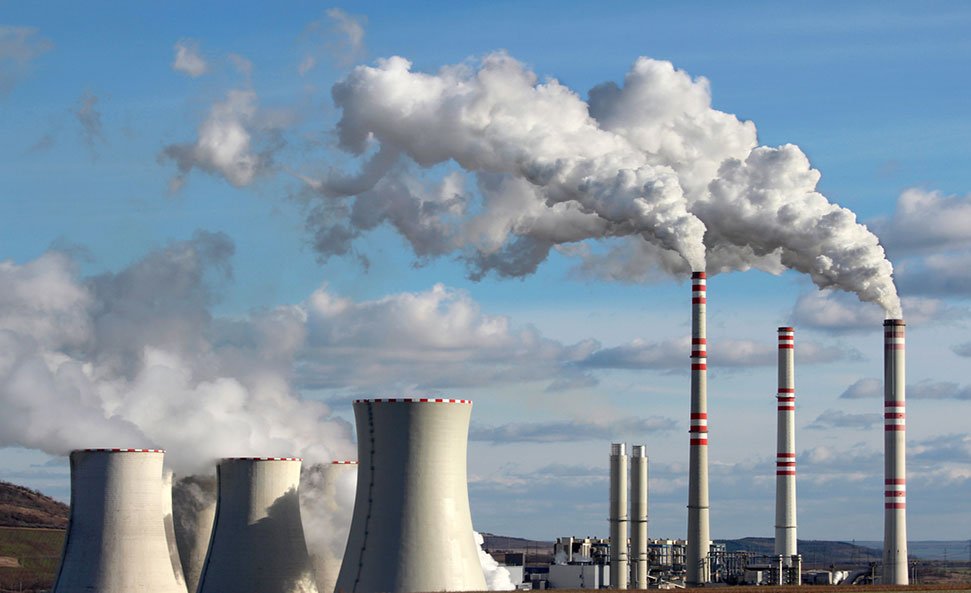Required for Operations Generating Regulated Emissions
Air or emissions permits are necessary if the development involves activities that release pollutants into the atmosphere, including fumes, dust, smoke, vapors, or greenhouse gases. These are typically required for industrial, manufacturing, or energy-producing operations.
- Stationary sources like boilers, backup generators, and manufacturing equipment
- On-site fuel storage or vapor-emitting chemicals (e.g., paints, solvents)
- Dust-producing operations such as rock crushing, concrete batching, or material handling
Issued by State Environmental and Air Quality Agencies
Permits are typically granted by the state’s Department of Environmental Quality (DEQ) or equivalent Air Pollution Control Board, with some oversight from federal agencies like the EPA. Permit types include:
- Air Quality Permits to Construct (PTC) for new emission sources
- Title V Operating Permits for large or high-emission facilities
- General or Minor Source Permits for lower-risk emissions (e.g., emergency generators)
Includes Reporting, Monitoring, and Compliance Requirements
Once issued, these permits require ongoing compliance with emission limits, operational conditions, and maintenance of pollution control equipment.
- Emission tracking and annual reporting may be required
- Equipment may need stack testing, calibration, or maintenance logs
- Noncompliance can lead to penalties, permit revocation, or legal enforcement


